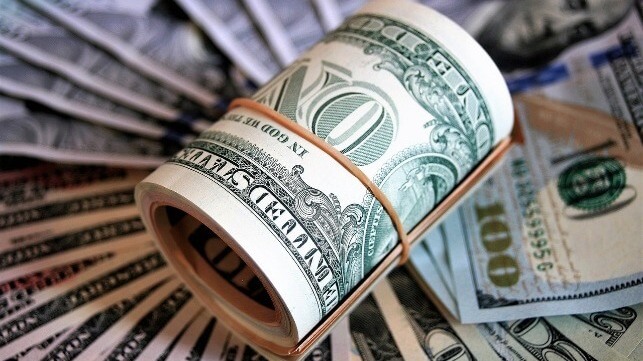Report: Seafarers Continue to Encounter Corruption at Ports

MACN (Maritime Ant-Corruption Network) is once again highlighting the often overlooked but detrimental level of corruption seafarers encountered in ports around the world. In an interview with the BBC, they are recounting the stories of crewmembers who are regularly confronted with demand for cigarettes, food, or more, to ensure easy processing in and out of ports.
The organization was started 11 years ago by a small group of maritime companies that were trying to “ensure a maritime industry free of corruption,” according to MACN’s website. The organization has grown to over 200 companies globally using collective action to tackle the problem.
MACN’s operating statement reads that it is working toward the elimination of all forms of maritime corruption. They are implementing anti-corruption principles and sharing best practices as well as collaborating with government and non-government organizations.
As part of their awareness campaign, they appeared on the BBC recently to discuss maritime corruption. MACN told the BBC it had received 61,000 reports in more than 1,000 ports across 150 countries in the decade since the organization was launched. Last year alone, in 2023 they received 5,183 reports they told the BBC.
They highlight the so-called “gratuities” are against international anti-corruption laws. Officially, the shipping companies forbid the policy, but many of the seafarers said these things often happen. Experts suggest that shipping companies are looking the other way, focused on maintaining schedules.
The worst case they recounted was a captain taken from his ship at gunpoint because he says he refused to hand over cigarettes to port officials. He contends they held him and trumped up charges with a fine for “paperwork irregularities.”
More of the cases were less dramatic such as the crewmember who recounted a port official trying to take a 5 kg block of cheese from the stores. Demands for food, drink, cigarettes, or cash they said happen all too often. They also believed that some crews were afraid to report the incident fearing they would be unable to get more work in the industry.

that matters most
Get the latest maritime news delivered to your inbox daily.
BBC spoke with other organizations. The International Association of Ports and Harbours told them that “tangible progress has been made,” citing its efforts in places including the Gulf of Suez, the Indian subcontinent, and in Africa.
MACN told the BBC it was working with governments in nine countries to tackle corrupt officials. They however admitted to the BBC that there is still much to be done. MACN said it is working to help companies understand the risks and have better-articulated policies to help combat corruption.
